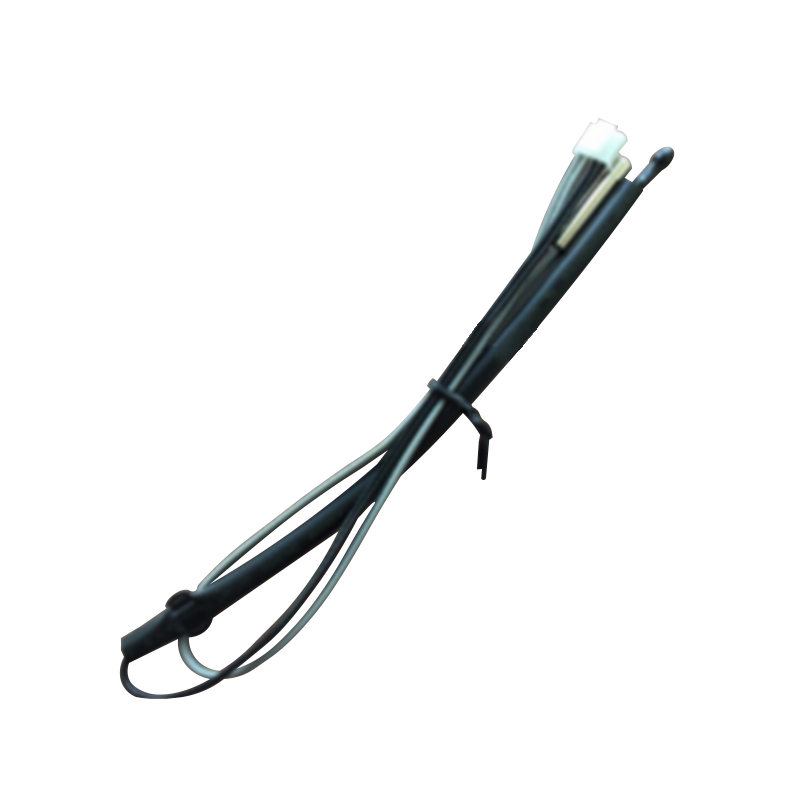How does the accuracy of air conditioning sensors affect overall air conditioning performance?
The accuracy of air conditioning sensors has an important impact on overall air conditioning performance, mainly reflected in the following aspects:
Temperature control:
Comfort: The accuracy of the sensor directly affects the temperature control ability of the air conditioning system. If the temperature sensor is inaccurate, the air conditioning may not reach the set temperature, resulting in overcooling or overheating of the indoor environment, affecting comfort.
Quick response: Accurate sensors can quickly detect changes in indoor temperature, allowing the air conditioning to adjust its operating status in time to maintain the set temperature.
Energy efficiency performance:
Energy saving effect: When the sensor provides accurate temperature and humidity readings, the air conditioning can adjust its operating mode more effectively to avoid overcooling or heating, thereby reducing energy consumption.
Reduced operating costs: Accurate sensors can help users reduce electricity bills because the air conditioning system can work more efficiently.
Fault detection:
Early warning: Accurate sensors can help detect potential faults, such as coolant leaks or compressor problems. When the sensor detects abnormal data, the system can issue an alarm in time, allowing users to take timely measures.
Extended equipment life: By ensuring that the system is working properly, accurate sensors can reduce wear and tear and failures of air conditioning equipment, thereby extending its service life.
Humidity control:
Dehumidification effect: The accuracy of the humidity sensor directly affects the dehumidification effect of the air conditioner. Accurate humidity readings can help the air conditioner run the dehumidification function at the right time to maintain a comfortable indoor environment.
Avoid mold growth: If the humidity sensor is inaccurate, it may cause the indoor humidity to be too high, which may cause mold and bacteria to grow and affect the indoor air quality.
System load:
Load matching: Accurate sensors can help the air conditioning system better match the actual load and avoid overloading or underloading. This not only helps improve air conditioning efficiency, but also reduces the risk of equipment failure.
Balanced operation: With accurate sensor data, the air conditioning system is able to achieve a more even load distribution to avoid overcooling or overheating in certain areas.














